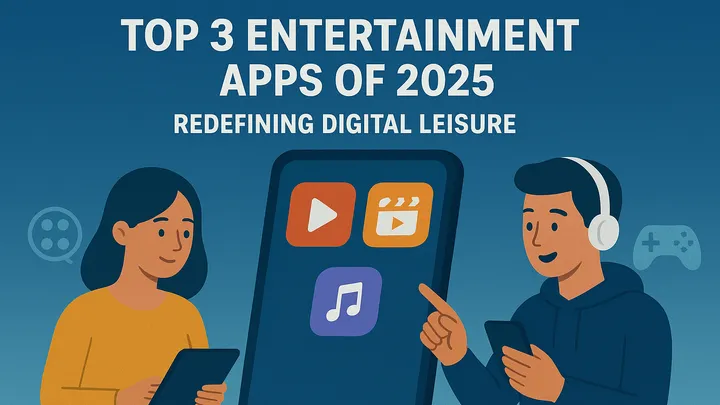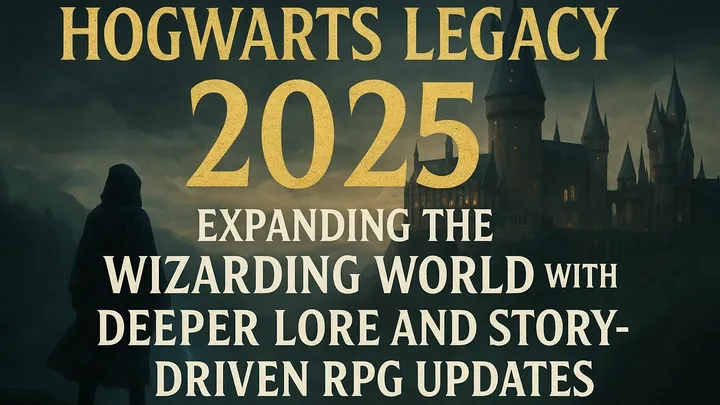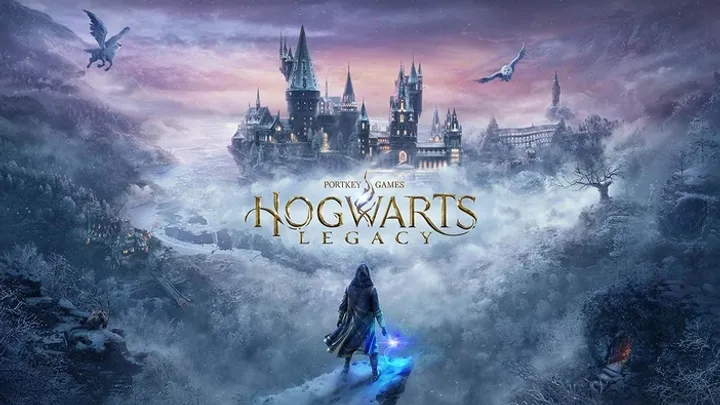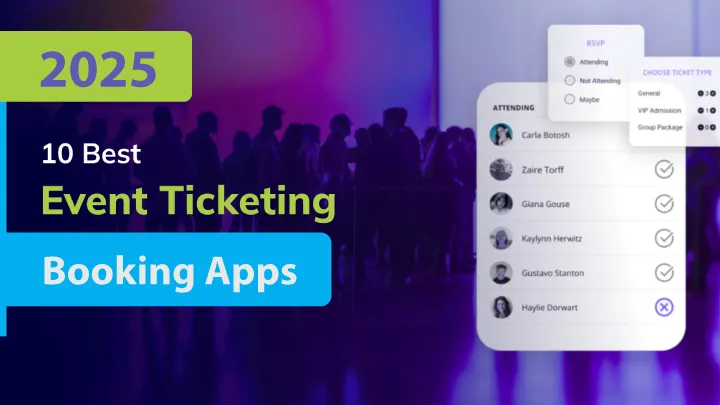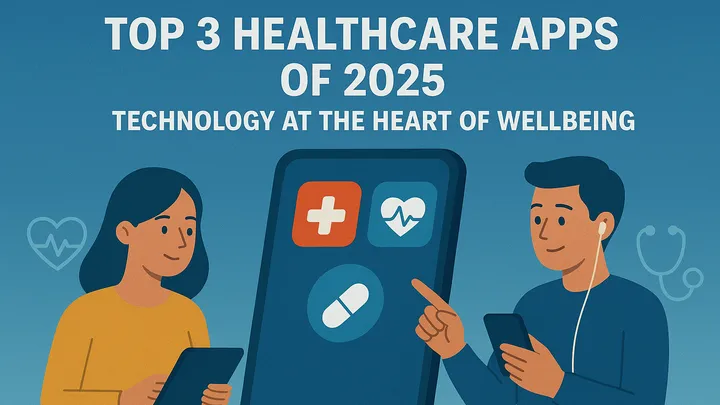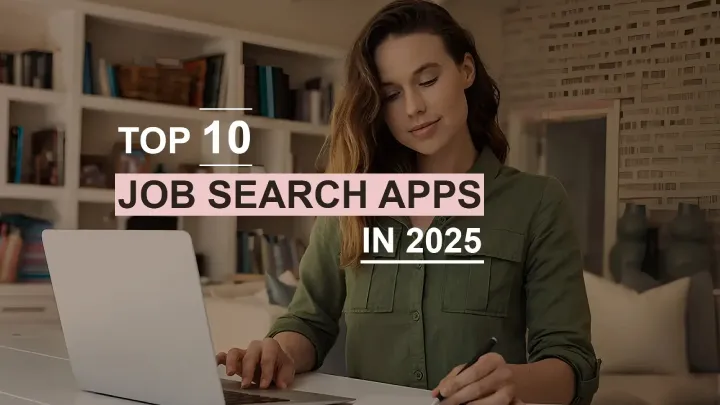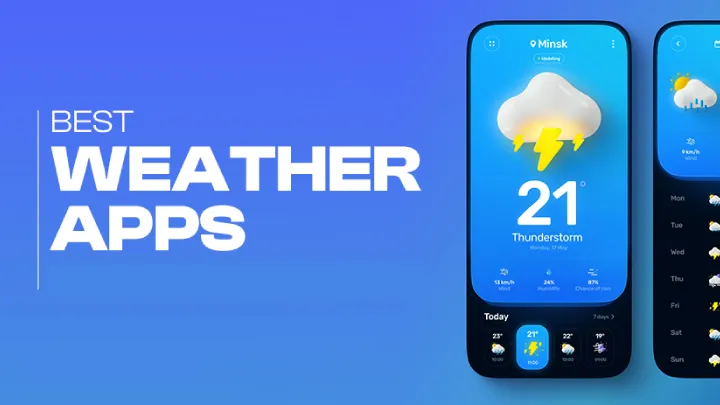Introduction
Healthcare in 2025 is no longer just about visiting clinics or hospitals. It has expanded into daily life through mobile apps that monitor, advise, and sometimes even predict health outcomes. With advancements in artificial intelligence, wearable integration, and real-time analytics, healthcare apps have transformed how people interact with their wellbeing. From chronic disease management to preventive fitness and mental health, technology plays a central role in creating a healthier society.
Among the most impactful apps of 2025 are MyFitnessPal 2.0, which has evolved from a calorie counter into a holistic lifestyle manager; Ada Health, an AI-powered diagnostic assistant that empowers patients with personalized guidance; and CalmMind, a next-generation mental health and mindfulness platform. Together, they reflect the diversity of modern healthcare—nutrition, diagnostics, and mental resilience—providing individuals with the tools to live healthier, more balanced lives.
MyFitnessPal 2.0 – The All-in-One Lifestyle Companion
Description (100 words)
MyFitnessPal 2.0 in 2025 is far more than its original calorie-counting roots. It now integrates with wearable devices, AI nutrition coaches, and real-time metabolic analysis. Users can scan meals for instant nutritional breakdowns, track hydration, and receive AI-generated personalized meal plans that adapt to lifestyle goals such as weight loss, muscle gain, or maintaining balanced health. The app also monitors sleep patterns, stress levels, and daily activity, making it a holistic lifestyle management platform. With gamified challenges, community groups, and professional partnerships with dieticians, MyFitnessPal 2.0 empowers millions to turn health into a sustainable, enjoyable routine.
In-Depth Analysis
The transformation of MyFitnessPal highlights the merging of healthcare and technology. Its biggest strength is the personalization of nutrition and fitness recommendations through AI. Instead of generic advice, users receive plans tailored to their genetic profile (if shared), physical activity, and long-term health goals. Its integration with wearables means progress is monitored in real-time, providing instant feedback and encouragement. By addressing not just calorie intake but holistic wellness, MyFitnessPal 2.0 is setting a standard for preventive health apps. In a world facing rising obesity, diabetes, and lifestyle diseases, it offers individuals the power to take control of their health with precision.
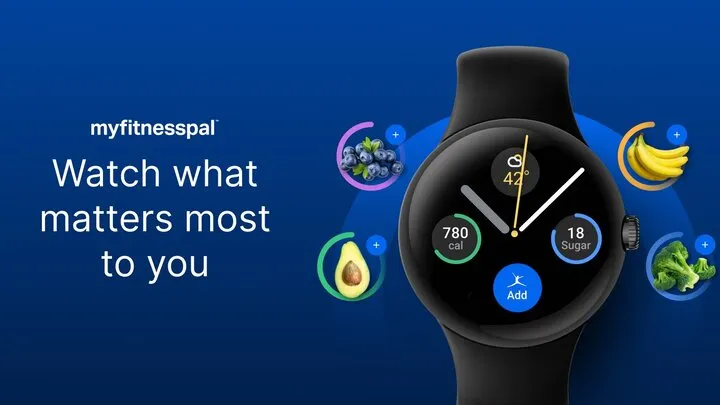
Ada Health – AI Doctor in Your Pocket
Description (100 words)
Ada Health is an AI-powered medical companion that acts like a digital doctor, available 24/7. By inputting symptoms, users receive personalized diagnostic suggestions, risk assessments, and actionable advice. In 2025, Ada’s algorithms have been trained on millions of clinical cases, making its guidance more reliable and context-aware than ever. It also integrates with healthcare providers, allowing doctors to access pre-collected patient information for faster and more accurate consultations. With multi-language support and adaptive AI, Ada Health serves both developed and underserved regions, bridging the gap where medical expertise is scarce. It is democratizing healthcare diagnostics globally.
In-Depth Analysis
The brilliance of Ada Health lies in accessibility and empowerment. Millions of people face barriers to professional healthcare—whether due to cost, distance, or lack of specialists. Ada provides a first line of medical insight, helping users understand whether their condition requires urgent care or simple lifestyle adjustments. In 2025, its predictive algorithms can even suggest potential future risks based on current patterns. While it does not replace doctors, it significantly reduces pressure on healthcare systems by filtering non-emergency cases and providing actionable self-care advice. In essence, Ada transforms smartphones into frontline diagnostic tools, placing power directly into the hands of patients.
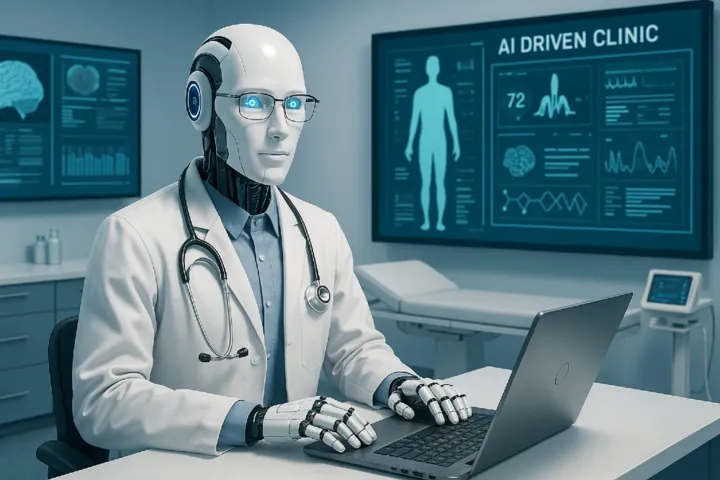
CalmMind – Redefining Mental Wellness
Description (100 words)
CalmMind is the leading mental health and mindfulness app of 2025. Unlike earlier meditation apps, CalmMind integrates AI-driven mood tracking, adaptive therapy sessions, and real-time stress reduction techniques. It offers guided meditation, breathing exercises, sleep therapy, and even AI-powered journaling that identifies emotional triggers. CalmMind collaborates with licensed therapists to provide hybrid care, where users can seamlessly transition from app-based support to professional counseling. With the global mental health crisis fueled by digital overload, social stress, and post-pandemic challenges, CalmMind has become an essential tool for managing anxiety, depression, and everyday stress, promoting resilience in a fast-paced world.
In-Depth Analysis
Mental health has often been the silent side of healthcare, but CalmMind pushes it into mainstream wellness. What sets CalmMind apart is its adaptability. The app can detect stress or fatigue through wearable integration—such as heart rate variability—and automatically suggest calming exercises. For users struggling with long-term issues, CalmMind creates progress dashboards and recommends professional therapy when needed. It avoids the “quick fix” trap by combining short exercises with structured wellness plans. In 2025, mental wellness is recognized as essential to productivity and happiness, and CalmMind provides the bridge between personal care and professional intervention.

Comparative Perspective
These three healthcare apps illustrate how technology supports different dimensions of wellbeing:
- MyFitnessPal 2.0 focuses on preventive lifestyle management through nutrition and fitness.
- Ada Health empowers individuals with accessible, AI-driven diagnostics.
- CalmMind brings mental wellness to the forefront, addressing stress, anxiety, and emotional resilience.
Taken together, they represent a complete health ecosystem—physical, medical, and psychological. Their success reflects a fundamental shift: healthcare is no longer reactive, waiting for illness to occur, but proactive, giving individuals daily tools to maintain balance and prevent disease.
Broader Context – Why These Apps Matter in 2025
- Preventive Healthcare First – Apps like MyFitnessPal reduce risks before illnesses develop.
- AI in Diagnosis – Ada Health shows how artificial intelligence can complement doctors, making healthcare scalable and affordable.
- Mental Health Recognition – CalmMind reflects society’s growing awareness that emotional wellbeing is as critical as physical health.
- Integration with Wearables – Healthcare apps no longer function alone; they connect with smartwatches, fitness bands, and even medical sensors for real-time data.
- Global Accessibility – These platforms reach across borders, bridging healthcare gaps in underserved communities.
Conclusion
Healthcare apps in 2025 embody the intersection of technology, accessibility, and human wellbeing. MyFitnessPal 2.0 empowers individuals to take control of their physical health through personalized nutrition and fitness. Ada Health democratizes diagnostics, making medical guidance available to anyone, anywhere. CalmMind redefines mental health care by combining AI adaptability with professional support.
Together, these apps form the foundation of a new healthcare paradigm—one that is proactive, personalized, and holistic. In an era where prevention is as important as treatment, they ensure that people can live longer, healthier, and more balanced lives.









